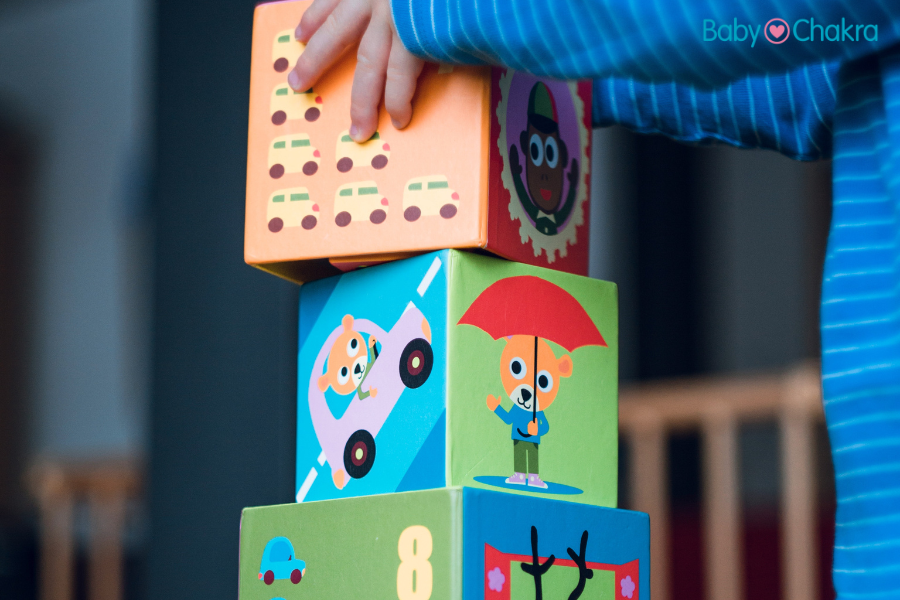
5 Ways To Make Your Child Emotionally Ready For Kindergarten
10 Aug 2022 | 4 min Read
Sayani Basu
Author | 607 Articles
Kindergarten is a major step for kids and their first day of “big-kid” school can be nerve-wracking. As exciting as this time might be for some, many kindergarteners also struggle initially with the long days, challenging curriculum and time spent away from family. Some children are also not emotionally ready for this phase.
As parents, it is important to make your child ready for emotionally ready for kindergarten by inculcating some moral values in them. Here are some of the ways to make your child ready for kindergarten emotionally.
Ways To Make Your Child Emotionally Ready For Kindergarten
- Teach your child how to share and be generous: If you have a single child, then chances are your toddler still hasn’t learnt the concept of sharing. Kindergarten-aged kids are possessive about their belongings.
It’s important to teach your toddler the concept of sharing as he/she will probably have to share their toys, crayons etc. with other children once they start kindergarten. Teach them slowly by example at home. You can start with small things like sharing your snack with them and talk to them about how sharing is a good habit. These values are important social skills that will help them to become more empathetic and build positive relationships.
- Teach them that failure is a part of life: Children must be explained that failure is a part of life. It’s what they do with it that matters the most. The effort and the willingness to perform better are more important.
Parents can explain to the little ones that if they lose while playing a game, they should not feel down. Instead, the little ones must try to perform better the next time.
- Teach them to respect kids with physical or mental disabilities: Children with physical and mental disabilities are differently abled. Therefore, parents should teach their kids to respect children who have such disabilities.
This will not only promote a positive environment but also build healthy relationships with disabled children. One way to teach them this is by reading them books about differently abled children.
- Teach them how to apologise: Most toddlers are learning the concept of right and wrong and this is the best time to teach them, by helping them understand what is right and wrong and what an apology means.
Don’t hesitate to say ‘sorry’ to your toddler when you make a mistake since children learn best by example. Ask your child to make eye contact with the person while apologising and teach them to use the correct tone of voice when apologising. Encourage him/ her to express what they did wrong and why they are apologising. You can also encourage your child to end the apology with a promise of doing better in the future.
- Teach them the importance of gratitude: Teaching children gratitude makes them more aware of other people’s needs and feelings. This is important as they start kindergarten, they will have to learn to be with other kids their age.
Start by talking about the things you are thankful for, and ask them to list the things they are thankful for. Teach them how important it is to thank people who do things for them, like the teachers in kindergarten, friends who share things, people who take care of them, etc.
Try these ways to make your child emotionally ready as they embark on their “big” journey!
Cover Image Credit: pexels
A


Suggestions offered by doctors on BabyChakra are of advisory nature i.e., for educational and informational purposes only. Content posted on, created for, or compiled by BabyChakra is not intended or designed to replace your doctor's independent judgment about any symptom, condition, or the appropriateness or risks of a procedure or treatment for a given person.
